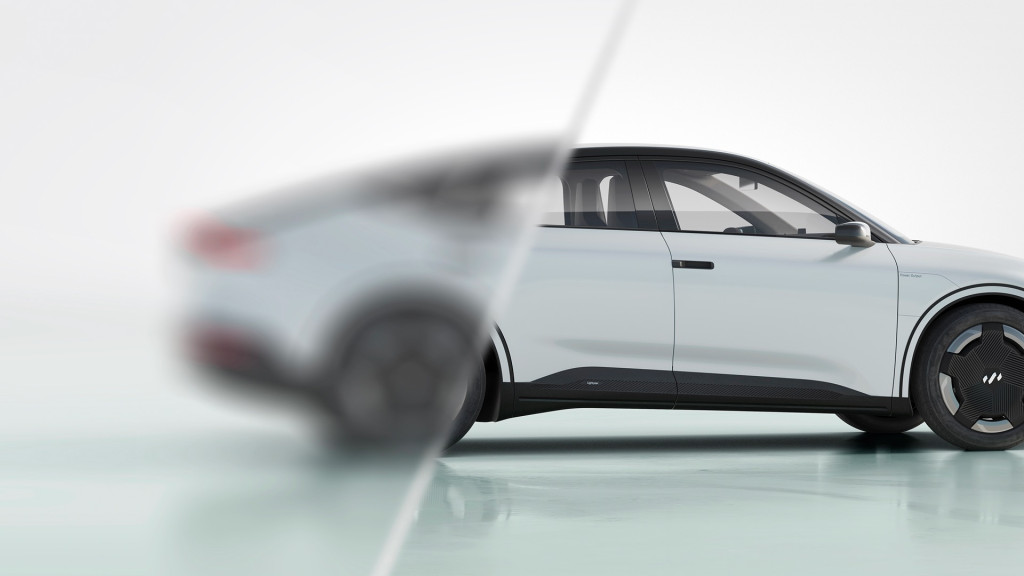- Lightyear secured approximately $11 million (10M Euros) of funding
- The funding will help the restructured business sell solar hardware
- Lightyear’s moved on from attempting to build its own EVs
Lightyear has secured 10 million euros (approximately $11 million at current exchange rates) to fund a new business of selling solar hardware for other companies’ vehicles, such as solar panels for vehicle rooftops.
“We will use this opportunity to grow our team of experts and technicians to become the leading supplier of on-board solar systems for vehicles,” Bonna Newman, who was appointed CEO of Lightyear earlier this year, said in a statement.
The Netherlands-based company previously focused on designing EVs that relied heavily on integrated solar panels, allowing for longer intervals between charging sessions. The company’s Lightyear 0 had a conventional battery pack and onboard charger, but the solar panels meant owners might not need to charge for months, Lightyear claimed.
Lightyear 0 production at Valmet Automotive in Finland
This technology—and Lightyear itself—originated with the World Solar Challenge and Solar Team Eindhoven. That team’s cars, including the Stella Vie that predicted the form of the Lightyear 0, won championship titles.
The Lightyear 0 entered production in late 2022, with Lightyear claiming at the time to be the first to bring a solar car to market. The company also claimed the 0 had the most efficient powertrain and the most aerodynamic body of any car in production at the time.
However, the Lightyear 0 was an expensive, niche model. The car was to be built by contract manufacturer Valmet in Finland, initially at a rate of just one car per week. Valmet had been due to produce a 150-unit total, although only a few initial vehicles were built. The price was set at roughly $170,000.

Waitlist announced for Lightyear 2 solar car due in 2025.
Lightyear nixed the 0 in order to pivot to the $40,000 Lightyear 2. The company announced plans for this follow-up model in 2021, and opened a waitlist in January 2023 in anticipation of starting production at the end of 2025. But the company was experiencing financial trouble as it made that announcement and never confirmed where the 2 would be manufactured.
A pivot from selling cars to selling solar hardware for use on other companies’ cars matches the path of another solar-EV startup. Sono Motors had also contracted with Valmet to manufacture its solar-assisted Sion hatchback, but terminated the project before production even started to focus on solar kits for commercial vehicles.


